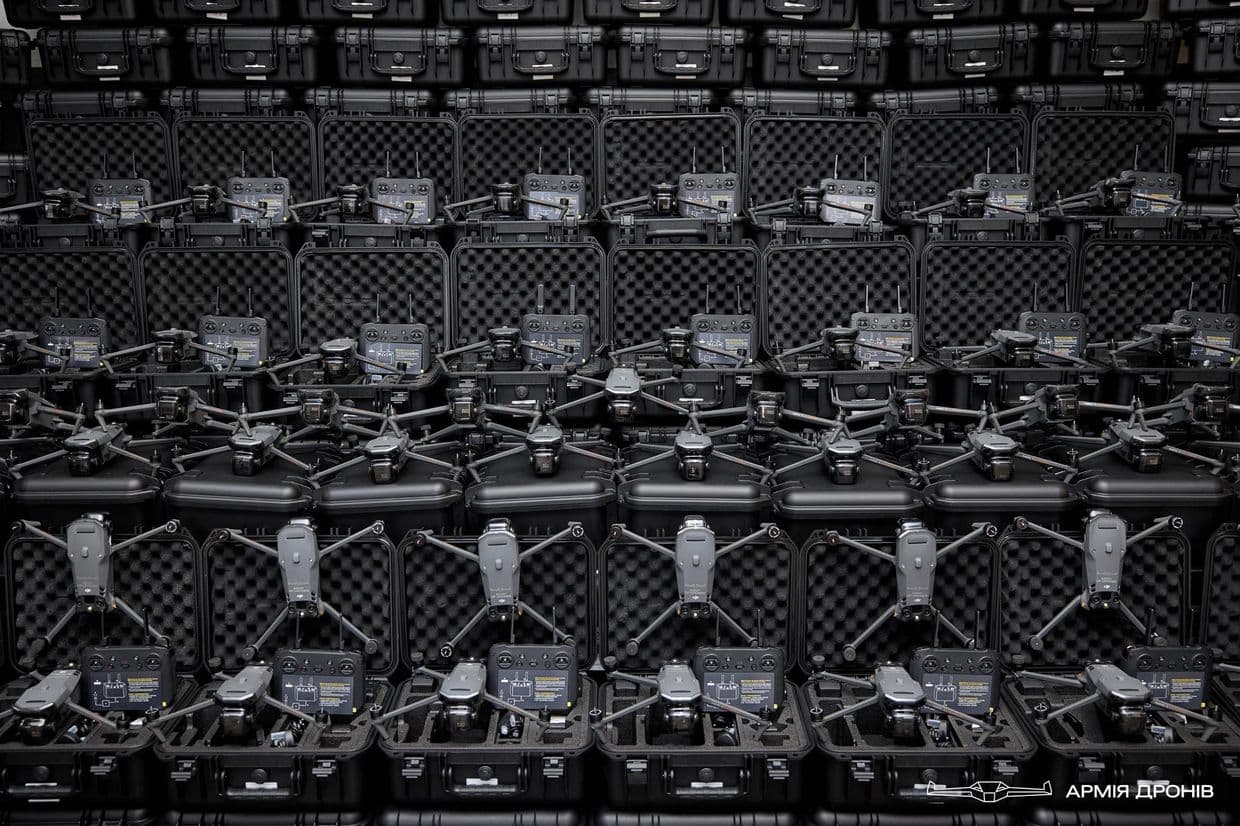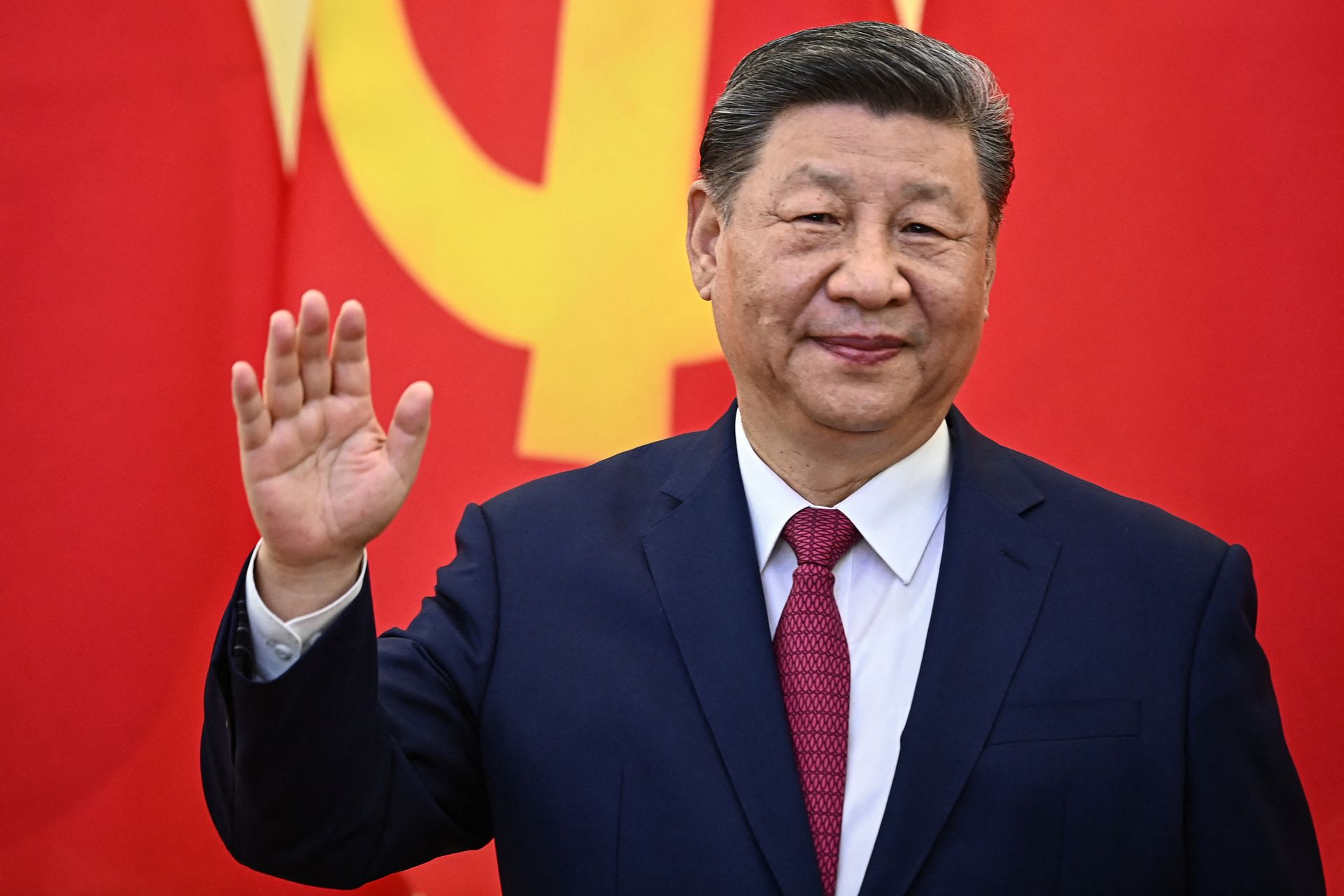China сuts drone sales to Ukraine, West but continues supplying Russia, Bloomberg reports

President Volodymyr Zelensky said China has stopped selling drones to Ukraine and Western countries while continuing to supply them to Russia, Bloomberg reported on May 29.
"Chinese Mavic is open for Russians but is closed for Ukrainians," Zelensky told reporters, referring to the popular quadcopter drone manufactured by China's DJI.
"There are production lines on Russian territory where there are Chinese representatives," he added, according to Bloomberg.
The Mavic, typically a civilian drone used for aerial photography, has been adapted by both Ukrainian and Russian forces for battlefield surveillance and as a weapon platform capable of carrying explosives.
Drones have played a decisive role in the war, with both sides using them for reconnaissance and precision attacks.
On April 7, Zelensky announced that Ukraine would scale up production of unmanned systems "to the maximum," including long-range, ground-based, and fiber-optic drones, which are resistant to electronic warfare.
Zelensky's recent remarks reportedly align with assessments from European officials. One official told Bloomberg that China has not only restricted drone exports to Ukraine and other Western buyers, but has also reduced shipments of drone components, including motor magnets, while ramping up deliveries to Russia.
"When someone is asking whether China is helping Russia, how shall we assess these steps?" Zelensky said.
Beijing has repeatedly denied aiding either side with military goods. On May 27, the Chinese Foreign Ministry also rejected claims made by Ukrainian intelligence chief Oleh Ivashchenko, who alleged that Beijing provided special chemicals, gunpowder, and other defense-related materials to at least 20 Russian military-industrial facilities.
Ivashchenko also said that as of early 2025, 80% of critical electronic components in Russian drones were of Chinese origin. In response, Chinese Foreign Ministry spokesperson Mao Ning reiterated that China has "never provided lethal weapons" and "strictly controls dual-use items."
Despite its claims of neutrality, Beijing has deepened economic and strategic ties with Moscow, prompting Western concerns and NATO's designation of China as a “decisive enabler” of Russian aggression.












